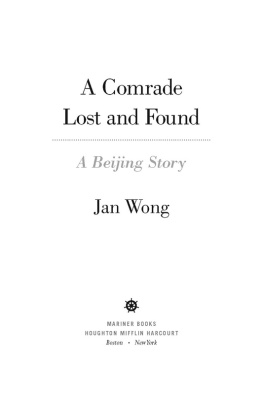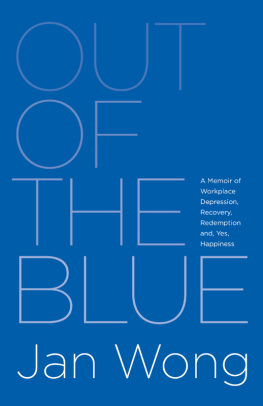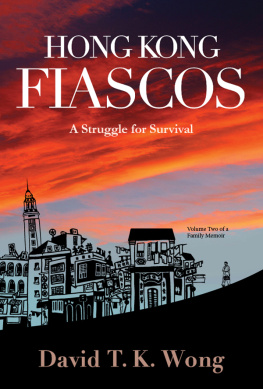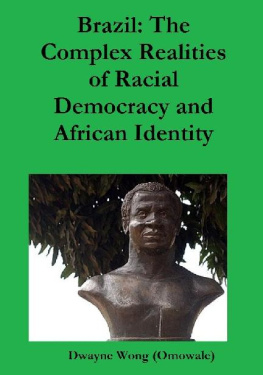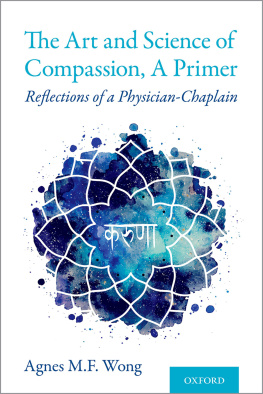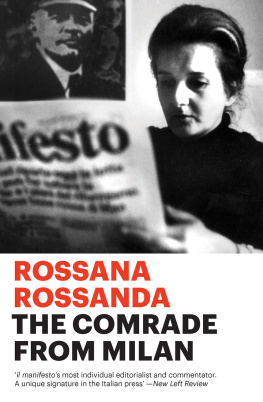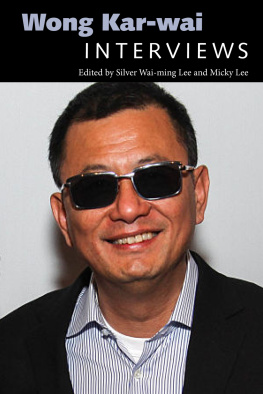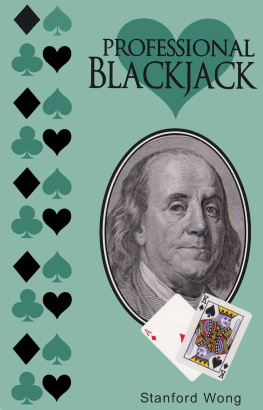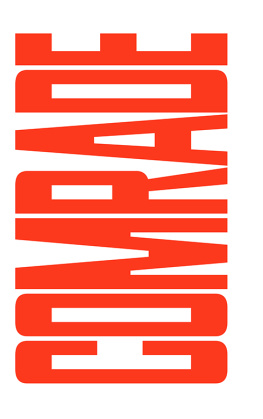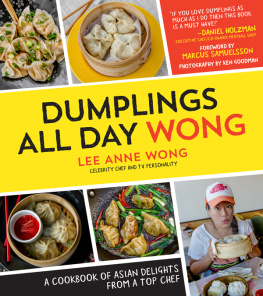Jan Wong - A Comrade Lost and Found
Here you can read online Jan Wong - A Comrade Lost and Found full text of the book (entire story) in english for free. Download pdf and epub, get meaning, cover and reviews about this ebook. publisher: Mariner Books, genre: Non-fiction. Description of the work, (preface) as well as reviews are available. Best literature library LitArk.com created for fans of good reading and offers a wide selection of genres:
Romance novel
Science fiction
Adventure
Detective
Science
History
Home and family
Prose
Art
Politics
Computer
Non-fiction
Religion
Business
Children
Humor
Choose a favorite category and find really read worthwhile books. Enjoy immersion in the world of imagination, feel the emotions of the characters or learn something new for yourself, make an fascinating discovery.
- Book:A Comrade Lost and Found
- Author:
- Publisher:Mariner Books
- Genre:
- Rating:3 / 5
- Favourites:Add to favourites
- Your mark:
- 60
- 1
- 2
- 3
- 4
- 5
A Comrade Lost and Found: summary, description and annotation
We offer to read an annotation, description, summary or preface (depends on what the author of the book "A Comrade Lost and Found" wrote himself). If you haven't found the necessary information about the book — write in the comments, we will try to find it.
A Comrade Lost and Found — read online for free the complete book (whole text) full work
Below is the text of the book, divided by pages. System saving the place of the last page read, allows you to conveniently read the book "A Comrade Lost and Found" online for free, without having to search again every time where you left off. Put a bookmark, and you can go to the page where you finished reading at any time.
Font size:
Interval:
Bookmark:
First Mariner Books edition 2010
Copyright 2007 Jan Wong
ALL RIGHTS RESERVED
For information about permission to reproduce selections from this book write to Permissions, Houghton Mifflin Harcourt Publishing Company, 215 Park Avenue South, New York, New York 10003.
www.hmhbooks.com
First published in Canada as Beijing Confidential by Doubleday Canada, a division of Random House of Canada Limited in 2007.
Library of Congress Cataloging-in-Publication Data
Wong, Jan.
A comrade lost and found: a Beijing story / Jan Wong.
p. cm.
1. Wong, JanTravelChina. 2. Beijing (China)Description and travel. I. Title. II. Title: Beijing story.
DS 795. W 67 2009
951'.156057092dc22 [ B ] 2008023788
ISBN 978-0-15-101342-5
ISBN 978-0-547-24789-2 (pbk.)
Set in Perpetua
Printed in the United States of America
DOC 10 9 8 7 6 5 4 3 2 1
For Colleen
China
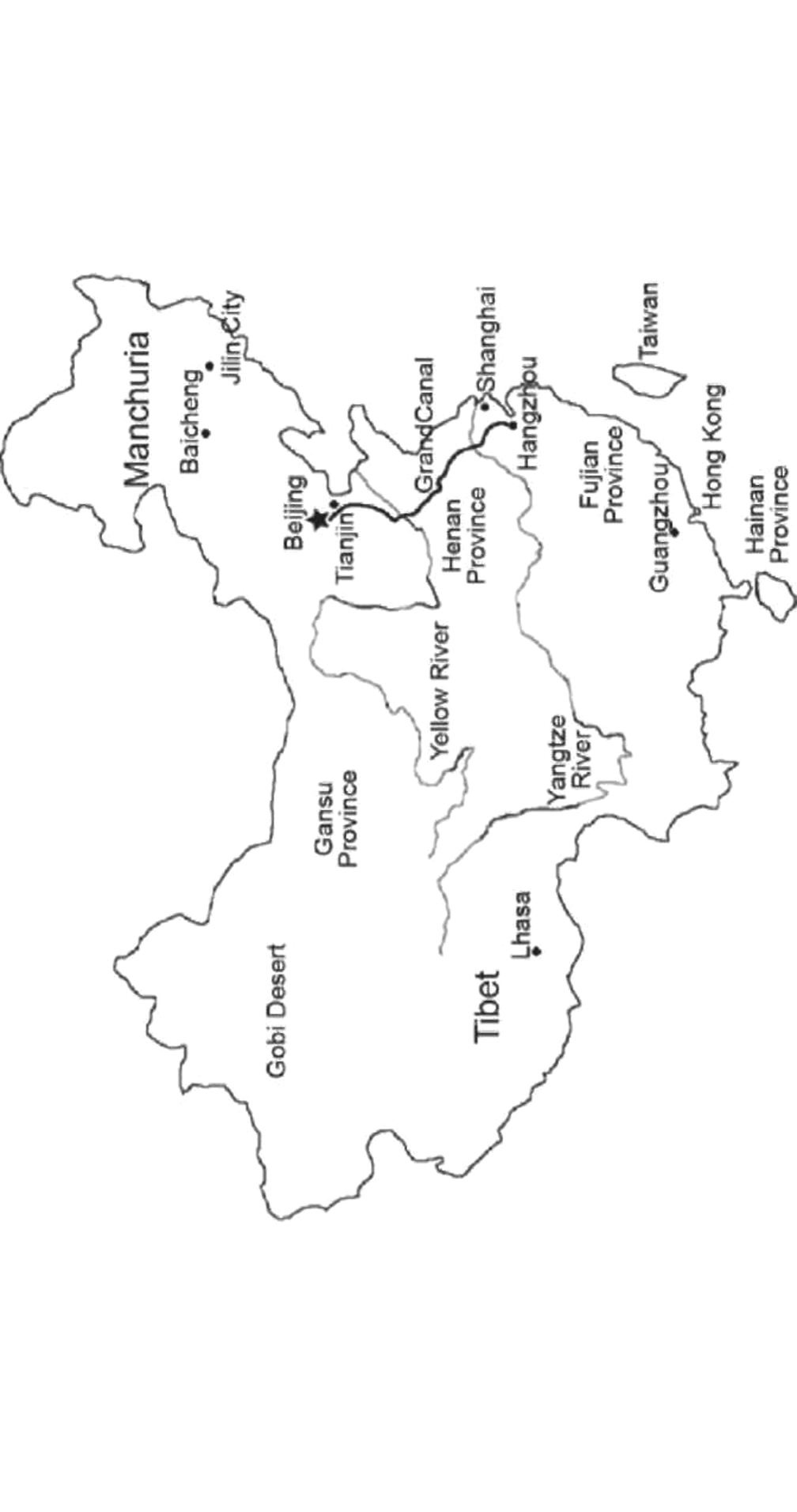
Map by Ben Shulman
City of Beijing
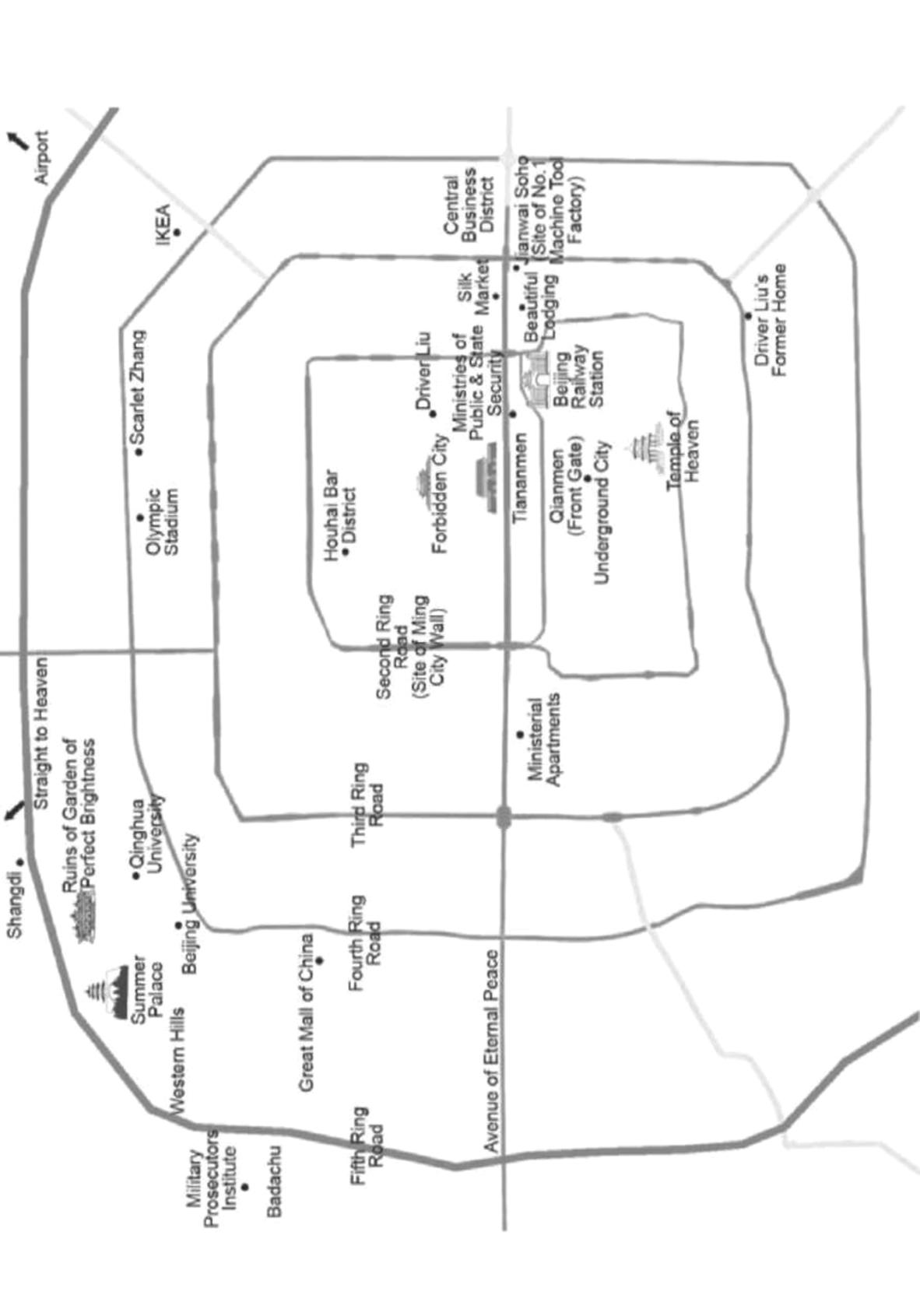
Map by Ben Shulman
On the tarmac at Newark International Airport, a heat wave makes the August air dance. Inside our Boeing 777, a black flight attendant sings out the standard Chinese greeting. "Ni hao," she chimes, mangling the tones. Nevertheless the passengers, mostly mainland Chinese, seem pleased. When even this American female is trying to speak their language, it reinforces their view that the Middle Kingdom is, once again, the center of the world.
My husband, Norman, and I lived in Beijing for years during the 1970s, 1980s and 1990s. On this trip back, we are bringing two reluctant fellow travelers, our teenaged sons, Ben, sixteen, and Sam, thirteen. As usual these days on flights to Beijing, every seat is taken. The Chinese passengers in their knock-off Burberry outfits are more self-assured than the handful who left the mainland during Chairman Mao's Great Proletarian Cultural Revolution. In the 1970s, the Chinese who traveled abroad were members of official delegations, kept on short leashes, tight schedules and tiny cash allowances.
Foreigners heading to China faced obstacles, too. Beijing rarely issued visas to Americans, but Norman was deemed to be "friendly." His father, Jack Shulman, had been an aide to William Z. Foster, longtime head of the Communist Party USA. In 1965, Jack had gone to Beijing to polish English-language propaganda at Xinhua, the state-run New China News Agency. To the Chinese, it was natural for a son to join his father. Filial piety, however, wasn't Norman's motivating factor. The Vietnam War was. At twenty-two, he was looking for an interesting place to dodge the draft.
In 1966, his journey from New York City to Beijing would take days. The United States had no diplomatic relations with China. To obtain a visa, Norman had to fly to London. From there, the only air route to mainland China was a twice-monthly Pakistan International Airlines flight to Canton, now known as Guangzhou. PIA normally refueled twice en route, in Karachi and Dhaka. At the time, India was at war with Pakistan, so Norman's flight was rerouted through Colombo, Sri Lanka. When his flight finally landed in Canton, he was a jet-lagged wreck. But the arrival of a foreigner was a rare chance to feast at government expense. Hungry local officials insisted on feeding him a ten-course banquet, after which they bundled him aboard a three-hour flight to Beijing.
Forty years later, Continental Airlines flight 89 takes thirteen hours. With the Cold War over, it zips across the Arctic Circle and the former Soviet Union. Our tickets are a bargain, too, 80 percent less expensive in real terms than when I first went to China in 1972. The Middle Kingdom is still on the other side of the world, but it's no longer far away.
***
Ben and Sam spent their earliest years in Beijing. They were born during my six-year posting as China correspondent for the Toronto Globe and Mail. Sam was one when we moved back to Canada in 1994. He remembers nothing. Ben, who was four, has fragmented memories. He recalls making little cakes from Play-Doh with Nanny Ma. He remembers wandering into the kitchen to sit on Cook Mu's lap.
In 2003, the year severe acute respiratory syndrome, or SARS, broke out in Beijing (and Toronto), Norman and I figured the Great Wall might not be too crowded. After the all-clear, we took the boys back for the grand tour. Along with the Wall, we visited the Forbidden City, the Temple of Heaven, the terra cotta warriors in Xi'an, the Shanghai Bund and the Yangtze River. We picked grapes in Kashgar and sledded down sand dunes in the Gobi Desert.
Now, when I propose a holiday in Beijing, my sons both groan. Ben would rather hang out in Toronto with his girlfriend, Tash, and go mountain biking with friends. Sam prefers to play road hockey and chat on MSN. The boys grow markedly unenthusiastic when I mention I also plan to hire a Chinese tutor in Beijing so they can start each day with private Mandarin lessons.
"Um, do I have to go?" Sam asks politely, hoping good manners will get him off the hook.
"Yes," I say.
"Why do I have to go?" Ben asks belligerently, hoping attitude will get him off the hook.
"Because," I reply enigmatically, "I need you."
I promise the boys we won't go sightseeing. I promise I won't make them visit a single museum. I swear we will not re-climb the Great Wall. I bill the trip as a once-in-a-lifetime opportunity to live, briefly, in a crazy, amped-up city. Indeed, that's why I've persuaded myself to come back. I already know the city well, or at least I think I do. But the ancient capital I knew is disappearing fast. If I blink, it might vanish. So on this trip back I want to write about the city I loved and about the new, modern, shiny one that is obliterating the old. I figure it's now or never.
We have exactly twenty-eight days in Beijing. August is brutally hot, but earlier in the summer the boys were busy with hockey camp, invitations to friends' cottages and mountain biking at Whistler in British Columbia. In September they have to go back to schooland I have to go back to work.
Now, as we settle into our seats on the plane, Ben asks, grumpily, for the umpteenth time, "Why do I have to go?"
"Because I need you," I reply, for the umpteenth time.
I need Norman, too. A software developer, he prefers to sit at home and read technical journals. He already lived in Beijing for twenty years, and unlike me, the journalist, he sees no need to spend yet another month there. But his deep experience is a big reason I want him with me there. He first arrived in China in 1966, on the eve of the Cultural Revolution. He saw the Ming-dynasty city walls come tumbling down. He cut ice from the lakes in winter to store for use in summerbefore the advent of air-conditioning and refrigeration. He knows Beijing better than I do. And his spoken and written Chinese is excellent. Norman even has a real Chinese name: Yulu. Jack, as the patriarch, named him after Jiao Yulu, a rural official lionized as a model Communist. Like any good peasant's name, Yulu combines the dual dream of wealth and job security. Yu means riches; lu means an official's salary in ancient China. Norman has always objected to my translation: Fat Paycheck.
***
As the plane rumbles down the runway at Newark, I'm acutely aware that I still haven't explained to my boys why I need them. The fact is I'm too afraid to go alone.
Next pageFont size:
Interval:
Bookmark:
Similar books «A Comrade Lost and Found»
Look at similar books to A Comrade Lost and Found. We have selected literature similar in name and meaning in the hope of providing readers with more options to find new, interesting, not yet read works.
Discussion, reviews of the book A Comrade Lost and Found and just readers' own opinions. Leave your comments, write what you think about the work, its meaning or the main characters. Specify what exactly you liked and what you didn't like, and why you think so.

